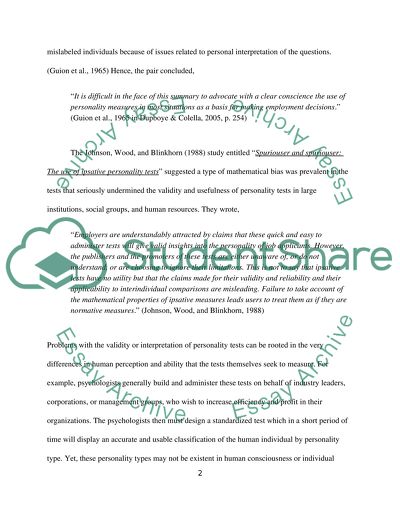Cite this document
(“Personality Testing and Job Perfomance Essay Example | Topics and Well Written Essays - 1000 words”, n.d.)
Retrieved from https://studentshare.org/psychology/1436146-psy
Retrieved from https://studentshare.org/psychology/1436146-psy
(Personality Testing and Job Perfomance Essay Example | Topics and Well Written Essays - 1000 Words)
https://studentshare.org/psychology/1436146-psy.
https://studentshare.org/psychology/1436146-psy.
“Personality Testing and Job Perfomance Essay Example | Topics and Well Written Essays - 1000 Words”, n.d. https://studentshare.org/psychology/1436146-psy.


